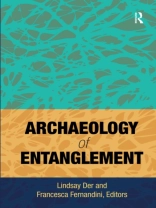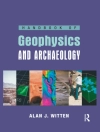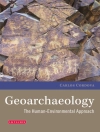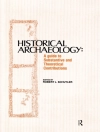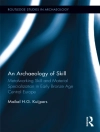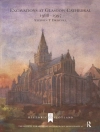Entanglement theory posits that the interrelationship of humans and objects is a delimiting characteristic of human history and culture. This edited volume of original studies by leading
archaeological theorists applies this concept to a broad range of topics, including archaeological science, heritage, and theory itself. In the theoretical explications and ten case studies, the editors and contributing authors:
• build on the intersections between science, humanities and ecology to provide a more fine-grained, multi-scalar treatment emanating from the long-term perspective that characterizes archaeological research;
• bring to light the subtle and unacknowledged paths that configure historical circumstances and bind human intentionality;
• examine the constructions of personhood, the rigidity of path dependencies, the unpredictable connections between humans and objects and the intricate paths of past events in varied geographic and historical contexts that channel future actions.
This broad focus is inclusive of early complex developments in Asia and Europe, imperial and state strategies in the Andes and Mesoamerica, continuities of postcolonialism in North America, and the unforeseen and complex consequences that derive from archaeological practices. This volume will appeal to archaeologists and their advanced students.
